Frequently Asked Questions
1. What is ethical sourcing in the context of custom knives?
2. Why is ethical sourcing important for custom knife producers?
3. What materials are commonly sourced ethically in custom knife making?
4. How does ethical sourcing benefit custom knife manufacturers?
5. What trends are influencing consumer demand for ethically sourced custom knives?
The rise in demand for custom knives has led to a growing focus on ethical sourcing of materials. As consumers become aware of the environmental and social impacts associated with production, it's essential for artisans and manufacturers to prioritize sustainability. This article delves into the significance of ethical sourcing in the crafting of custom knives, particularly folding knives, and how it can positively impact the industry while appealing to environmentally-conscious consumers.
Understanding Ethical Sourcing
Ethical sourcing refers to the process of ensuring that the materials used in manufacturing are obtained in a responsible and sustainable manner. For the custom knives community, this involves considering not only the raw materials but also the methods used to harvest and produce them. This approach aligns with a broader commitment to responsible practices, reflecting a growing consumer interest in sustainability.
Why Ethical Sourcing Matters
With increasing awareness of environmental issues, consumers are now placing significance on how their purchases affect the world around them. Here are a few reasons why ethical sourcing is vital in the custom knife industry:
- Environmental Impact: Using sustainably sourced materials minimizes the negative effects on ecosystems.
- Social Responsibility: Fair labor practices ensure that workers are treated ethically and receive fair compensation.
- Consumer Trust: Transparency in sourcing fosters trust between producers and consumers, leading to brand loyalty.
- Quality and Durability: Ethically sourced materials often result in higher-quality products that stand the test of time.
Ethical Sourcing of Materials in Custom Knives
When it comes to crafting custom knives, especially folding knives, the choice of materials is paramount. Different components require various sourcing methods, which can impact the overall ethics of the product. Here’s a closer look at some of the key materials used in custom knife production:
Steel
Steel is the heart of any knife, and its production can greatly influence the environment. Responsible knife makers often choose recycled or repurposed steel to reduce the need for new raw materials. By utilizing sources like scrap steel or materials from decommissioned knives, manufacturers can create highly durable folding knives without inflicting additional harm on the planet.
Wood
Wood is frequently used for knife handles, and it's crucial to source it sustainably. Opting for wood from certified sustainable forests ensures that deforestation is mitigated. Many artisans also work with reclaimed wood, which adds character and uniqueness to their knives while minimizing waste. By promoting responsible forestry practices, custom knife makers can make their products both beautiful and environmentally friendly.
Natural Materials
Other natural materials, such as bone, horn, and micarta (a composite made from resin and fabric), also play a significant role in knife crafting. These materials should be ethically sourced to avoid exploitative practices. For example, sourcing materials from animals that are a byproduct of sustainable agriculture helps in reducing waste and promotes a circular economy.
Benefits of Ethical Sourcing for Custom Knives
Choosing to ethically source materials not only contributes to a healthier planet and society but also offers several important benefits for custom knife producers. Let’s explore some of these advantages:
Enhanced Brand Reputation
Brands that prioritize ethical sourcing can distinguish themselves in a competitive market. Customers are more likely to support companies that share their values, leading to a stronger brand identity and reputation. When consumers recognize a commitment to sustainability, they often become loyal advocates, encouraging others to consider ethical practices in their purchasing decisions.
Innovation and Creativity
Ethical sourcing can inspire innovation, pushing artisans to experiment with new materials or production techniques. By exploring unique sources for blade and handle materials, knife makers can develop distinctive folding knives that stand out in the market. This creative approach fuels both product diversity and artistic expression within the industry.
Educational Opportunity
Adopting ethical sourcing practices provides a platform for education. Artisans can share their sourcing stories and the importance of sustainable practices with customers. An informed customer base is more inclined to understand the value of their purchase, leading to meaningful conversations about sustainability and responsibility in the knife-making community.
Building Connections with Ethical Suppliers
A crucial aspect of ethical sourcing is developing strong relationships with suppliers committed to similar values. By partnering with trusted suppliers who prioritize ethical practices, custom knife makers can ensure their materials are responsibly sourced. Building transparent partnerships helps clarify supply chains and reinforces the commitment to ethics in production.
Key Considerations When Choosing Suppliers
- Certifications: Look for suppliers that have certifications related to sustainable practices, like Forest Stewardship Council (FSC) for wood or ISO standards for manufacturing processes.
- Transparency: Suppliers should be willing to share information about their sourcing methods and labor practices.
- Reputation: Research and reviews can shed light on whether a supplier upholds ethical standards.
- Community Involvement: Support suppliers that contribute positively to their local communities through fair wages and social programs.
Consumer Demand for Ethical Products
As consumers increasingly prioritize ethical and sustainable choices, the demand for ethically sourced custom knives continues to rise. This shift is seen across various industries and presents an opportunity for knife makers to align their practices with market trends.
Trends in Consumer Behavior
Research reveals that consumers, especially Millennials and Gen Z, are willing to pay more for products that are sustainably and ethically sourced. This shift in consumer behavior emphasizes the need for knife makers to be transparent about their sourcing practices. Leveraging this trend helps brands connect with their target audience, ensuring their products are not only crafted with care but also resonate with buyers’ values.
Marketing Ethical Practices
To capitalize on the growing interest in ethical sourcing, custom knife makers should effectively communicate their commitments through marketing efforts. This includes sharing stories of sourcing, production processes, and the impact of purchasing decisions on the environment and community. Engaging content, such as blog posts, videos, and social media updates, can draw in consumers seeking products that align with their values.
Crafting for the Future
As the custom knife industry evolves, so does the responsibility of makers to ensure they are sourcing materials ethically. Embracing ethical practices is not just a trend; it’s a commitment to creating a sustainable future for the craft. Custom knife makers who prioritize ethical sourcing will not only enhance their brand's reputation but also contribute to a more sustainable world.
By seeking out responsibly sourced materials for crafting folding knives, artisans stand at the forefront of a movement that values quality, sustainability, and ethical responsibility. This commitment to ethical sourcing is a step towards crafting knives that honor both their creators and the planet they inhabit, ensuring that every blade tells a story of care and conscientiousness.
In the end, the future of custom knives lies in the hands of those who choose to be accountable for their craft—every fold, every edge, and every handle. As a consumer, consider the impact of your choices and support artisans who echo your values in their pursuit of excellence.
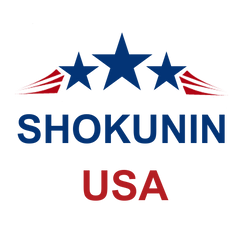





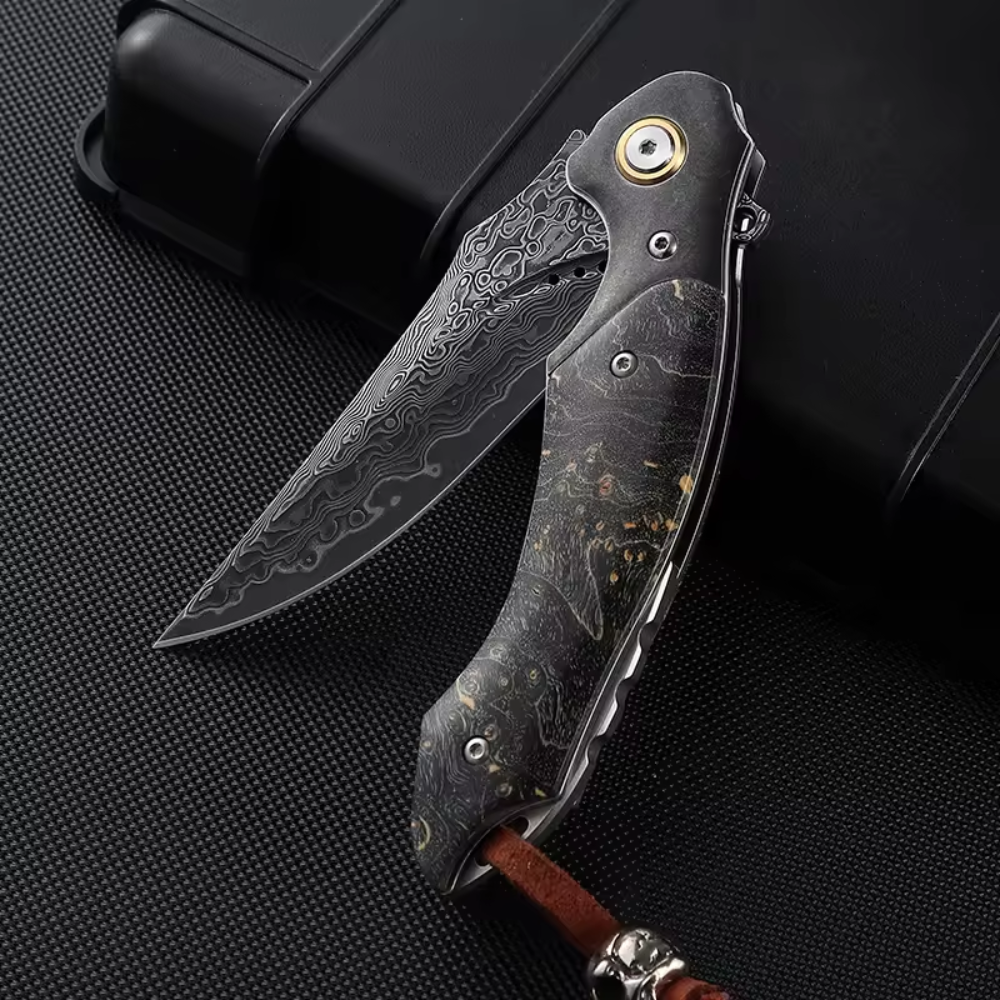
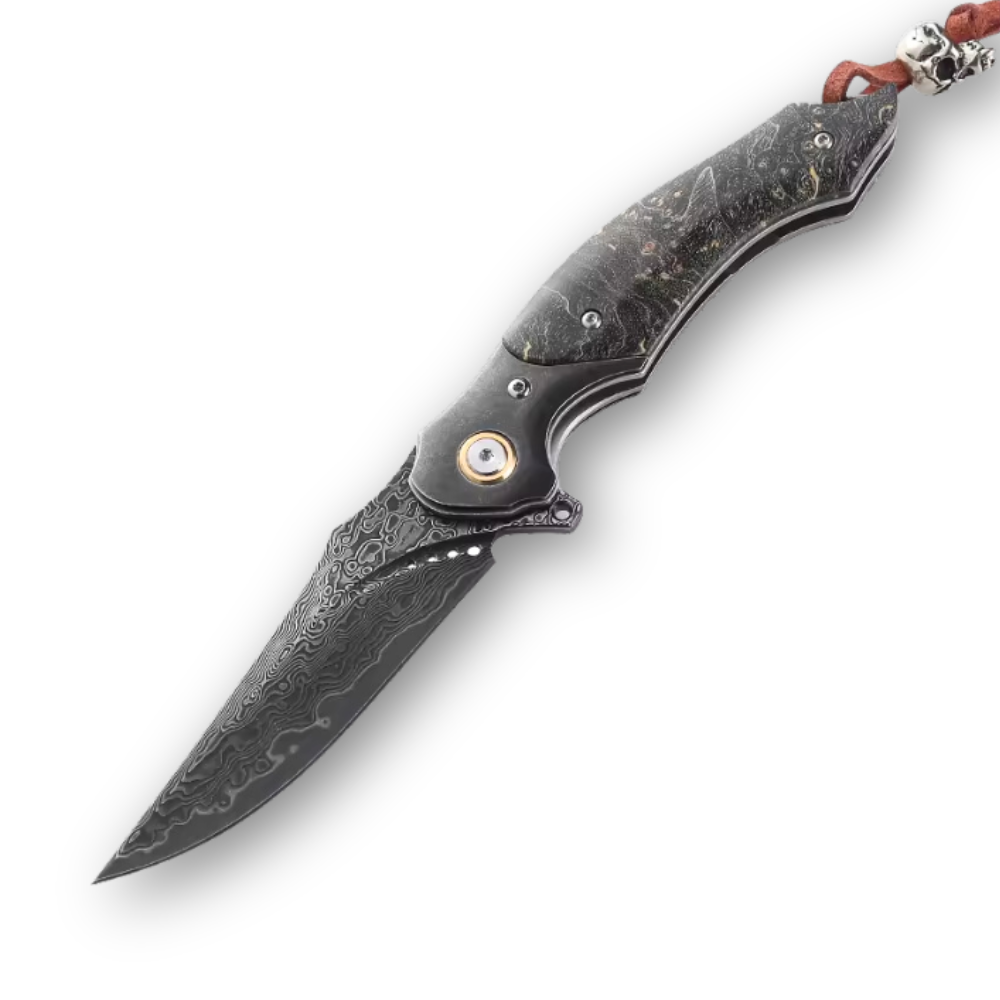
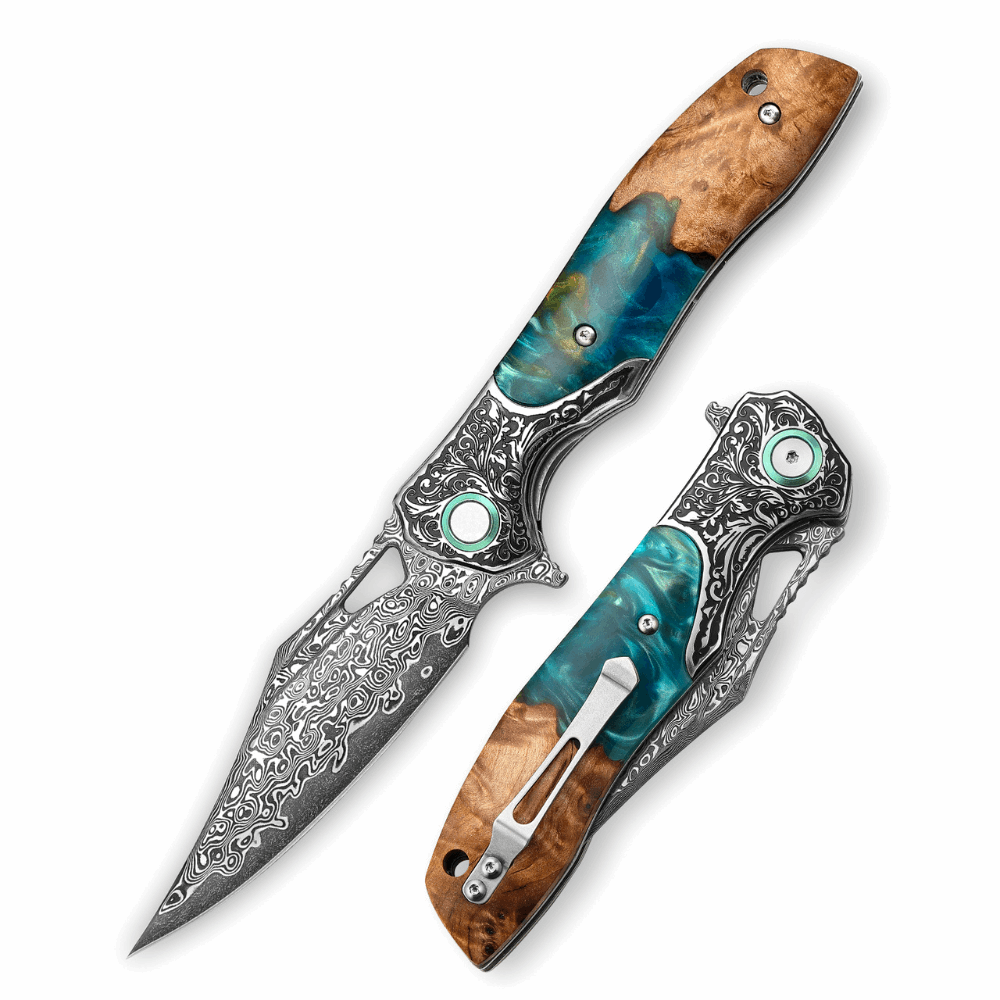
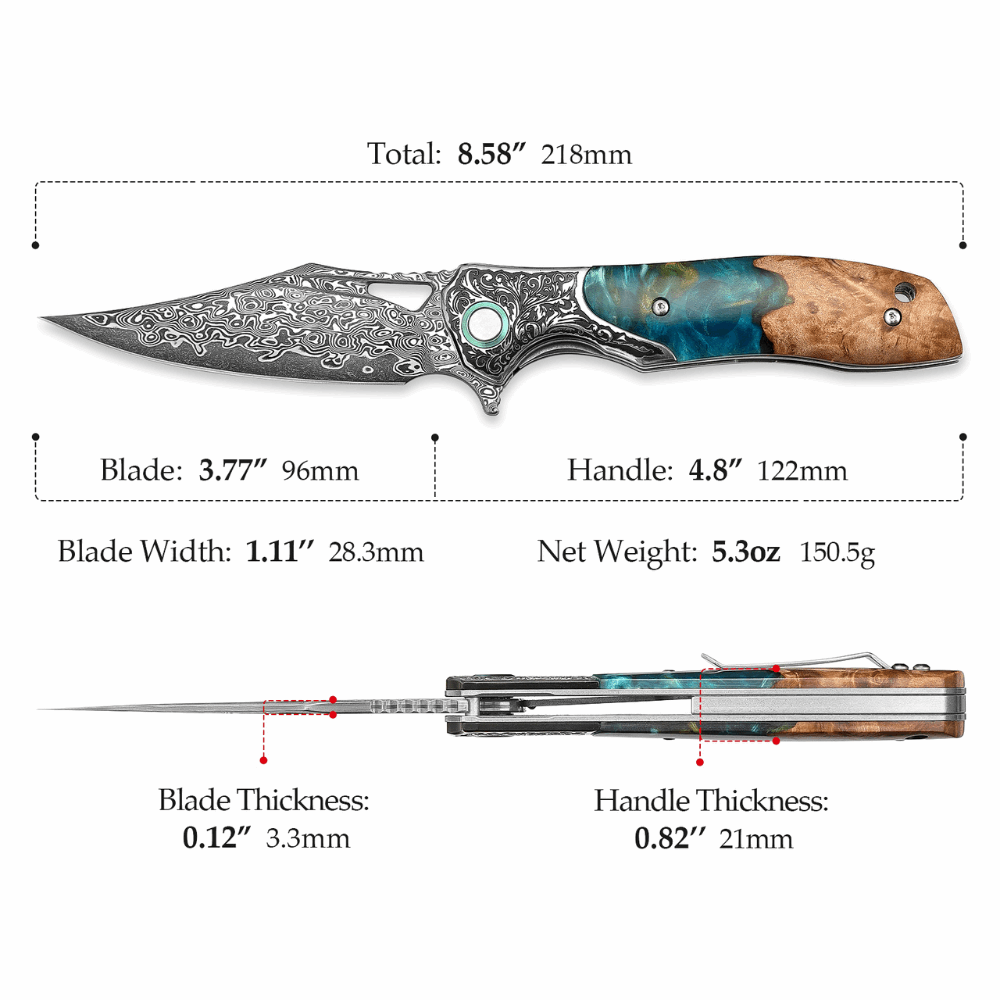
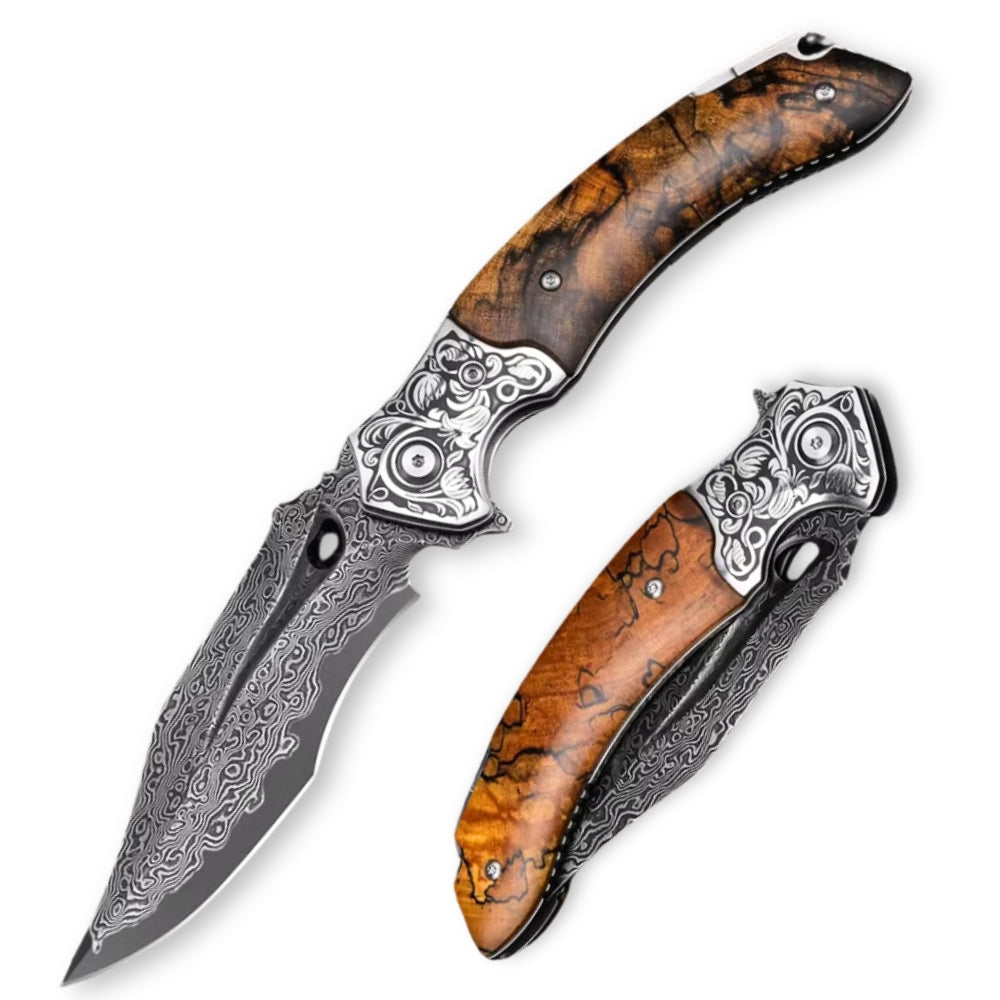
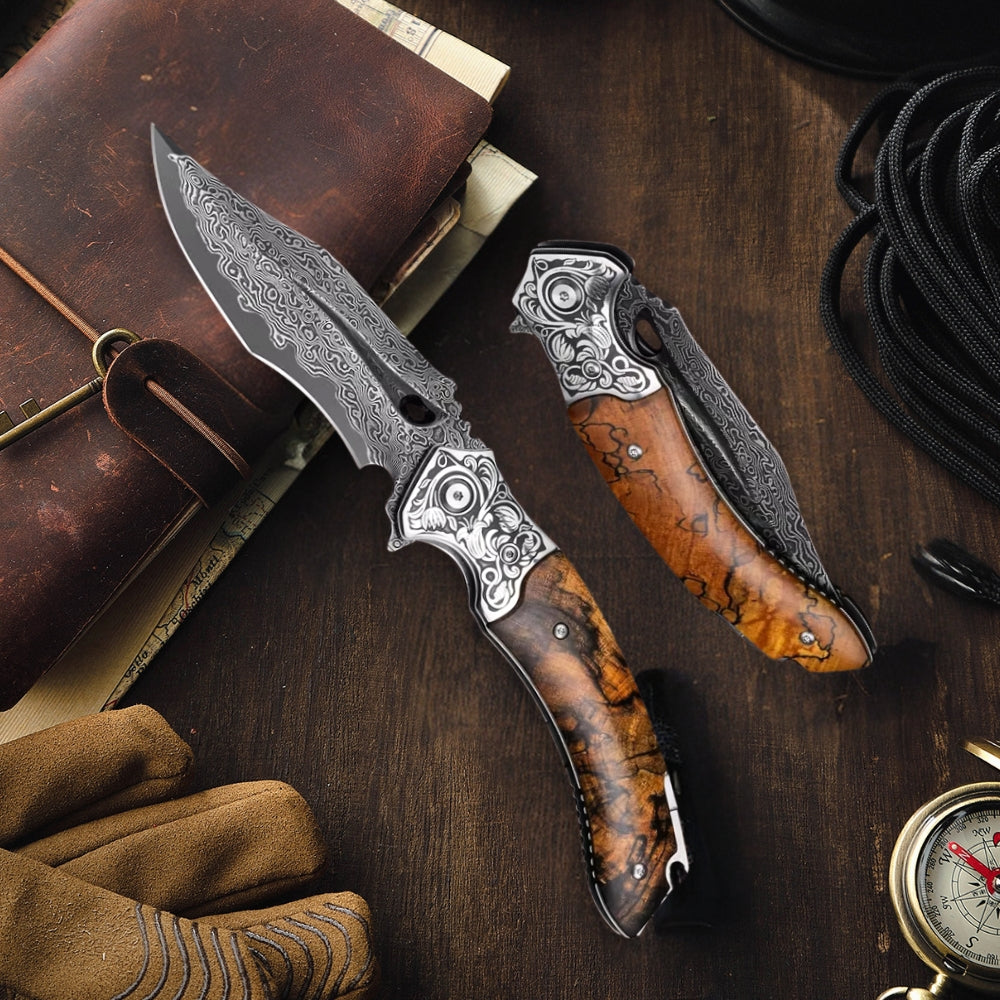
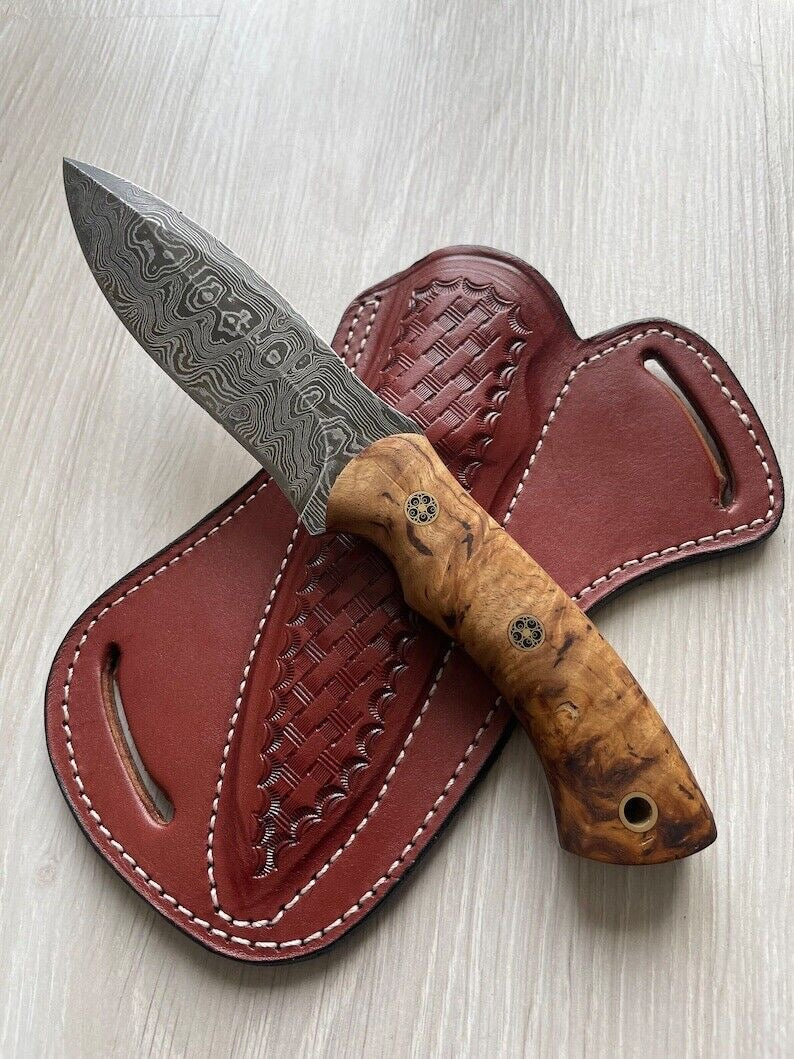
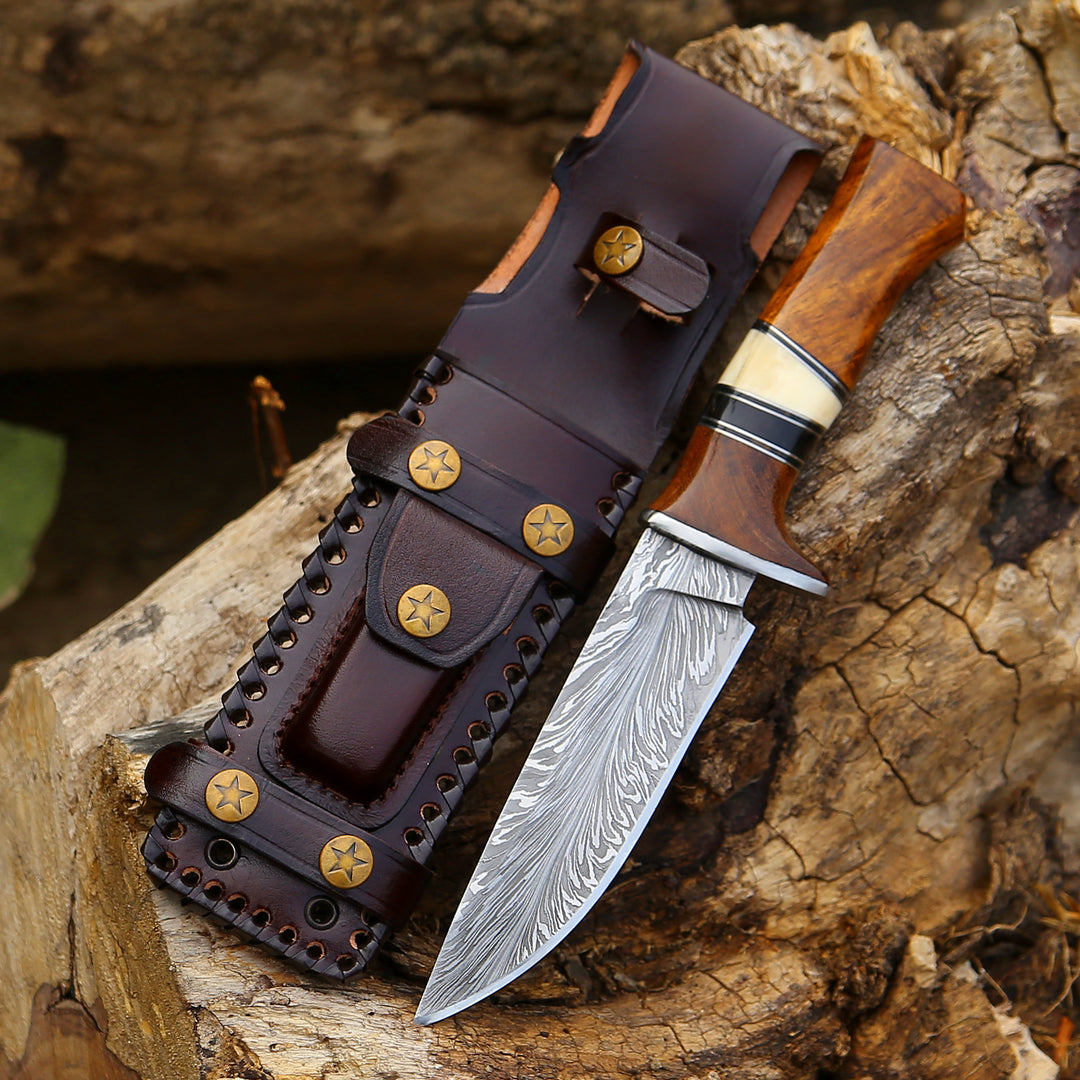

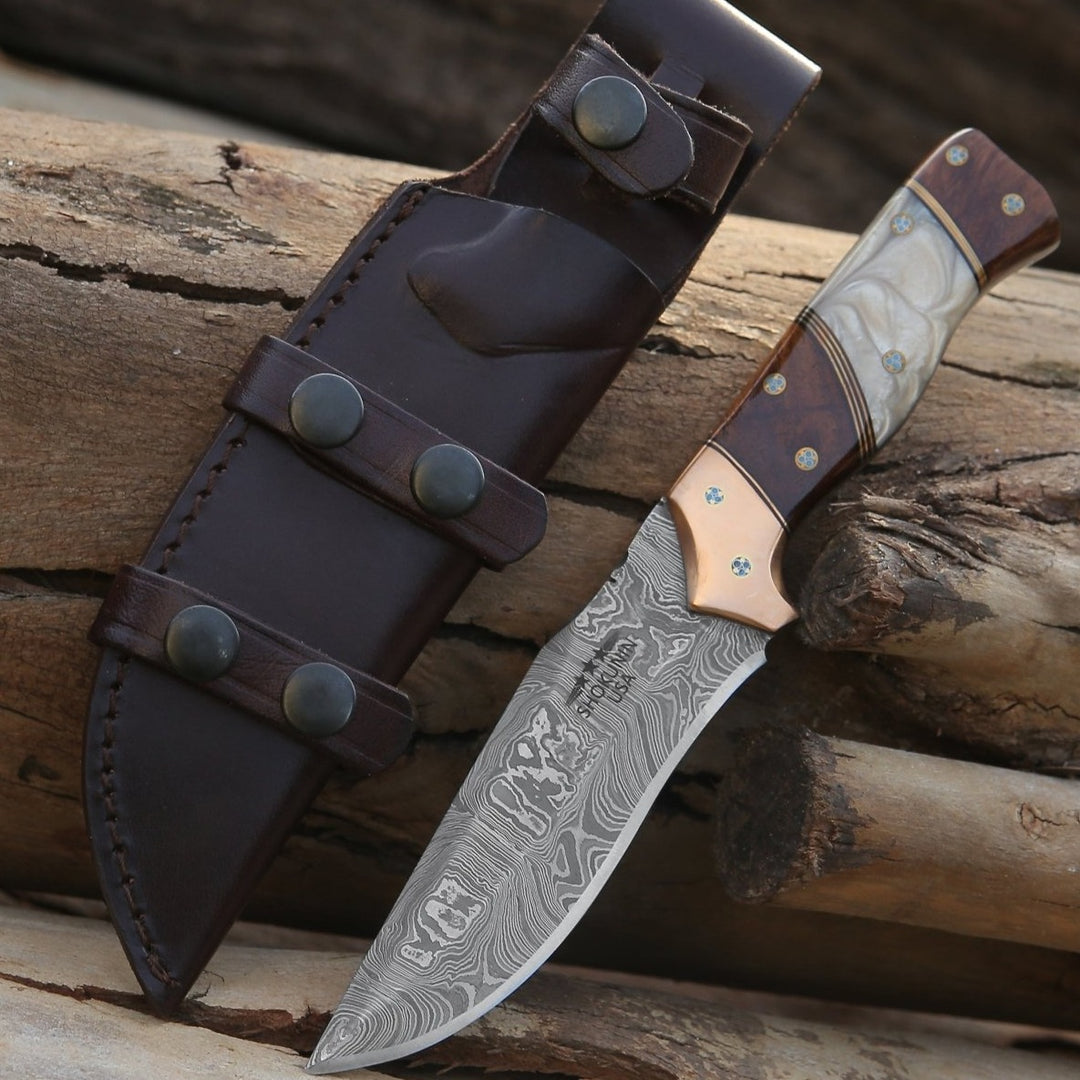
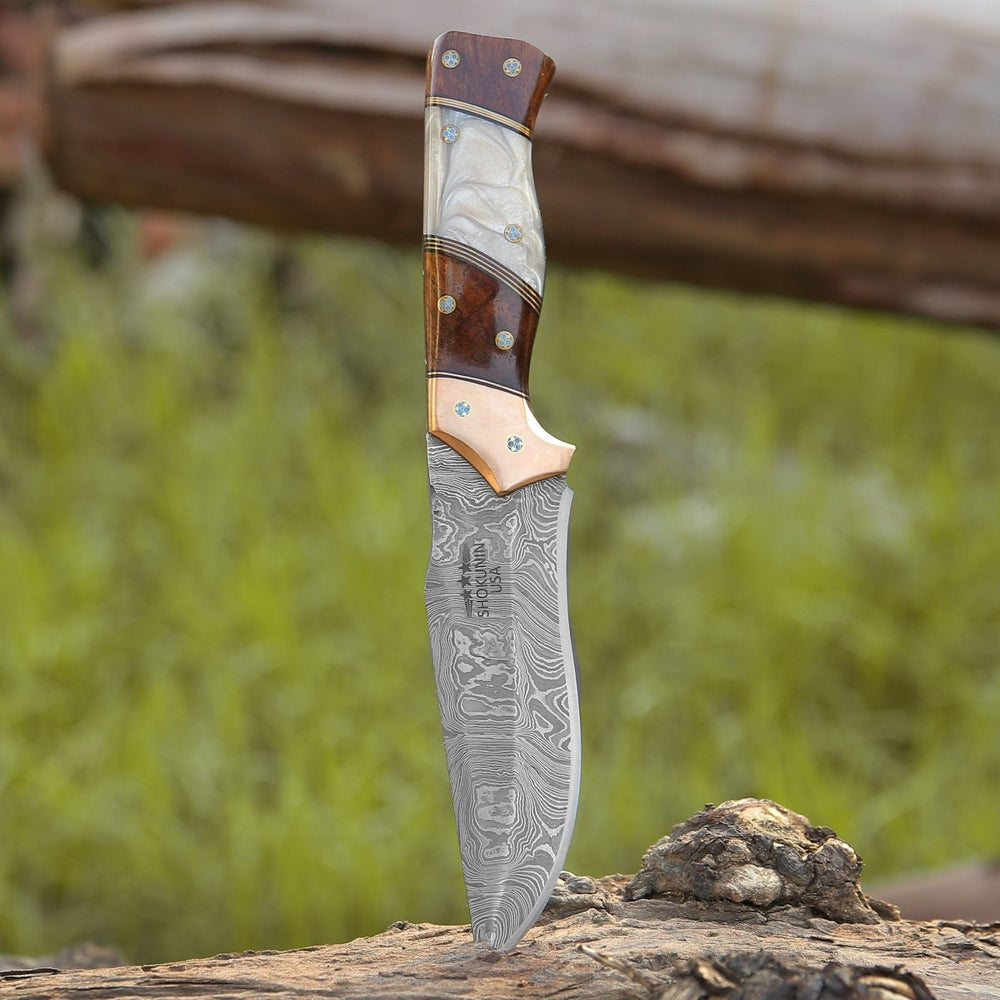

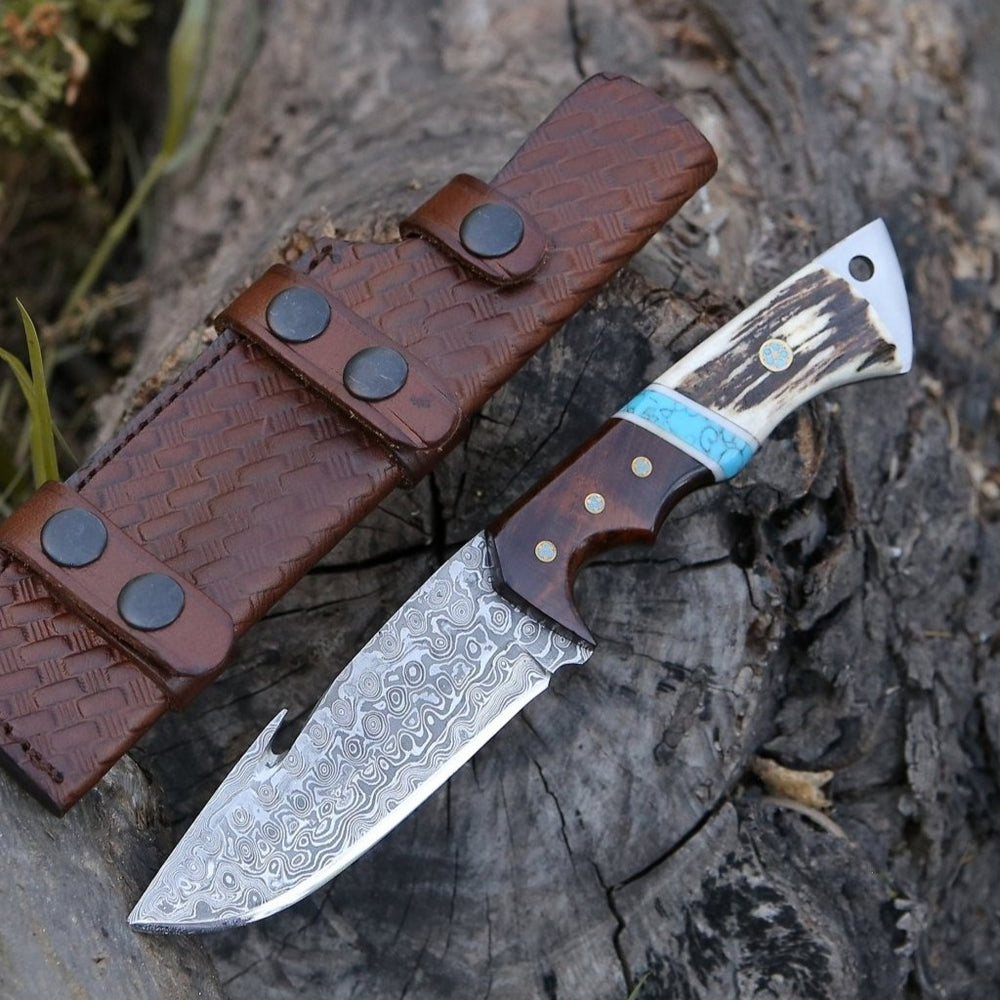
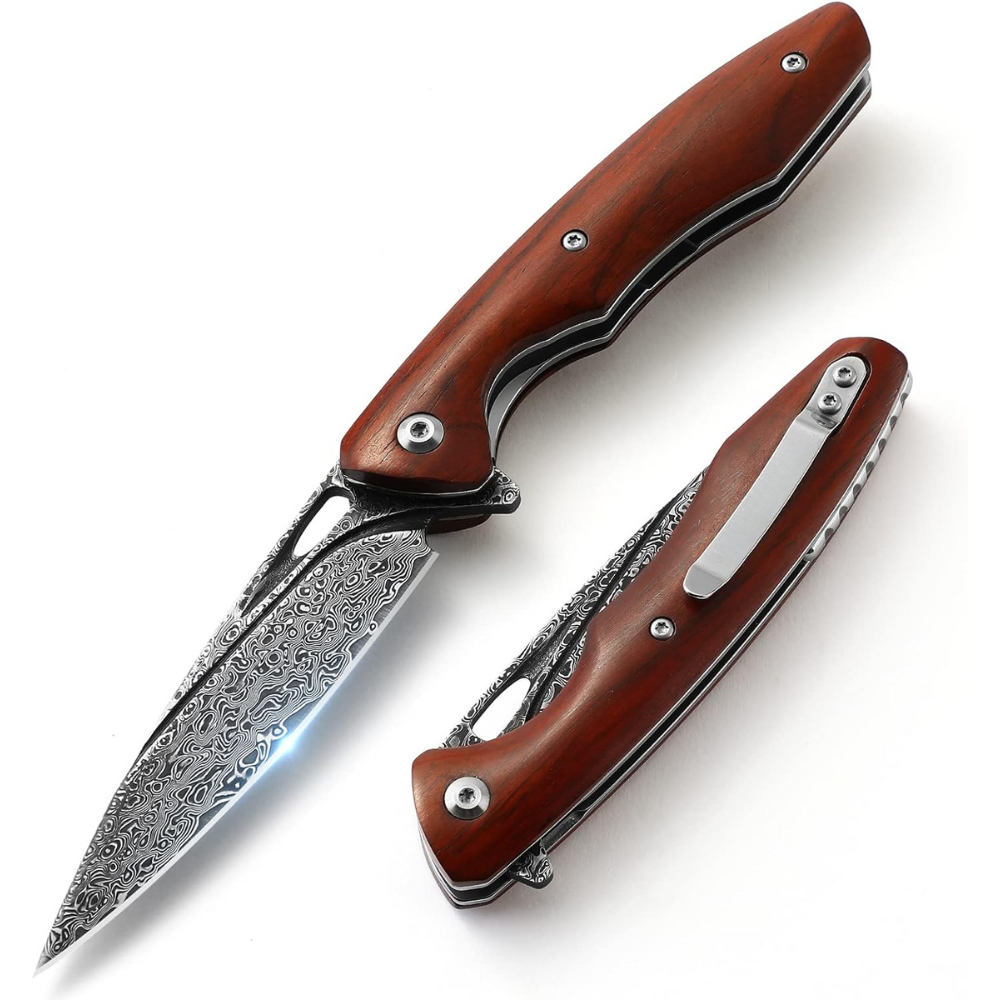
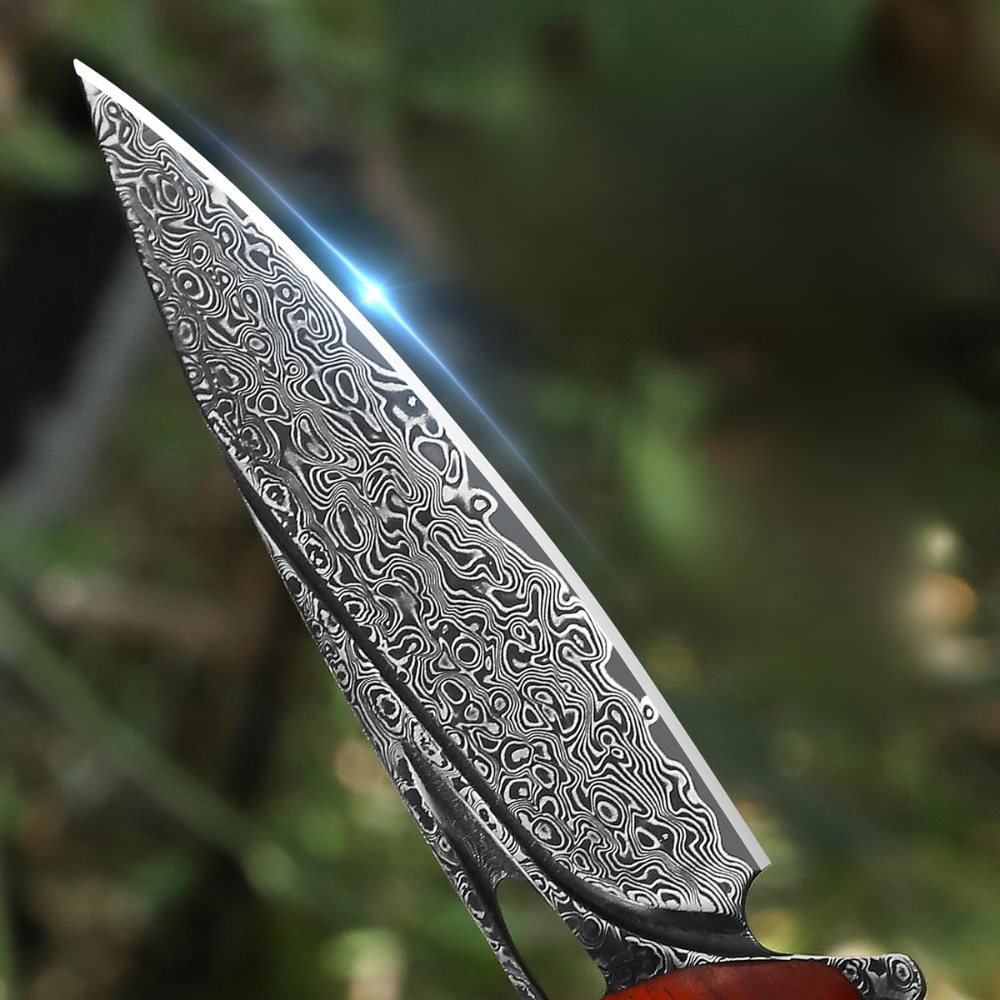
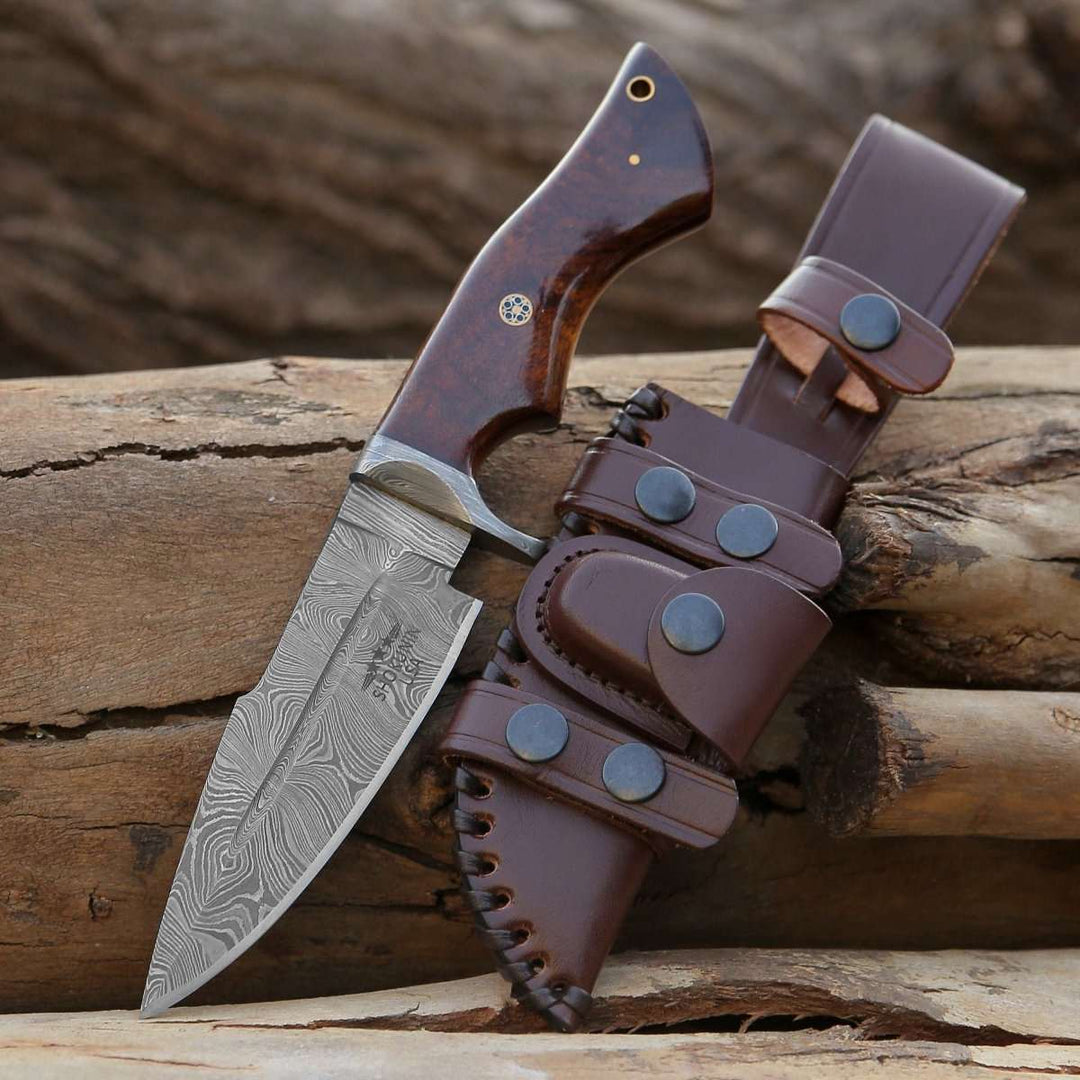
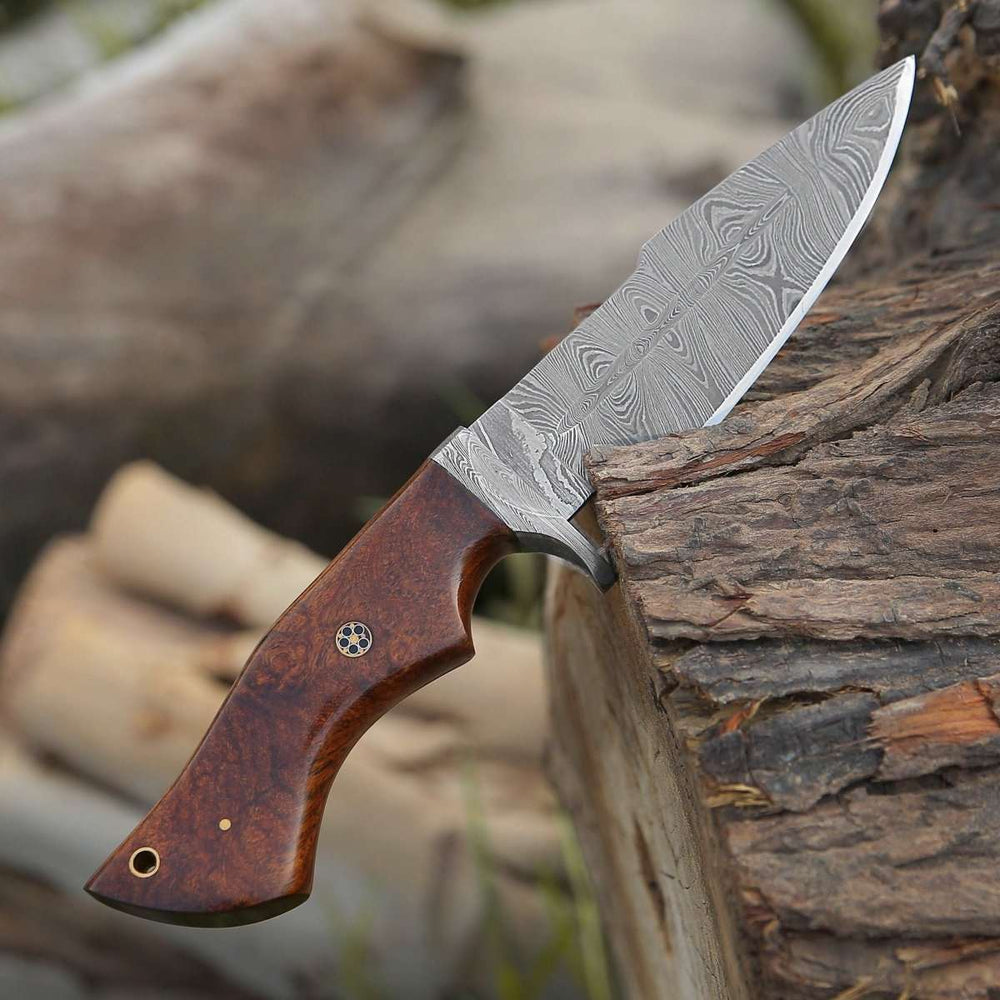
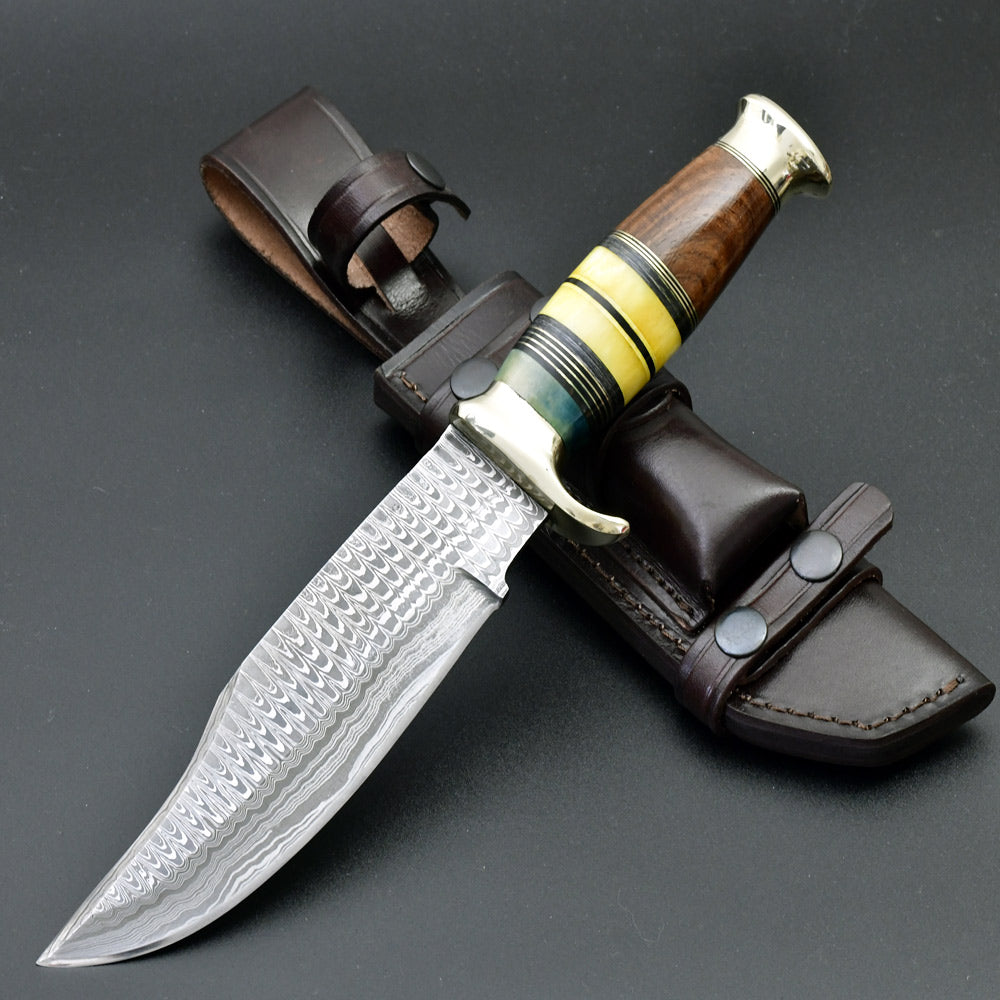
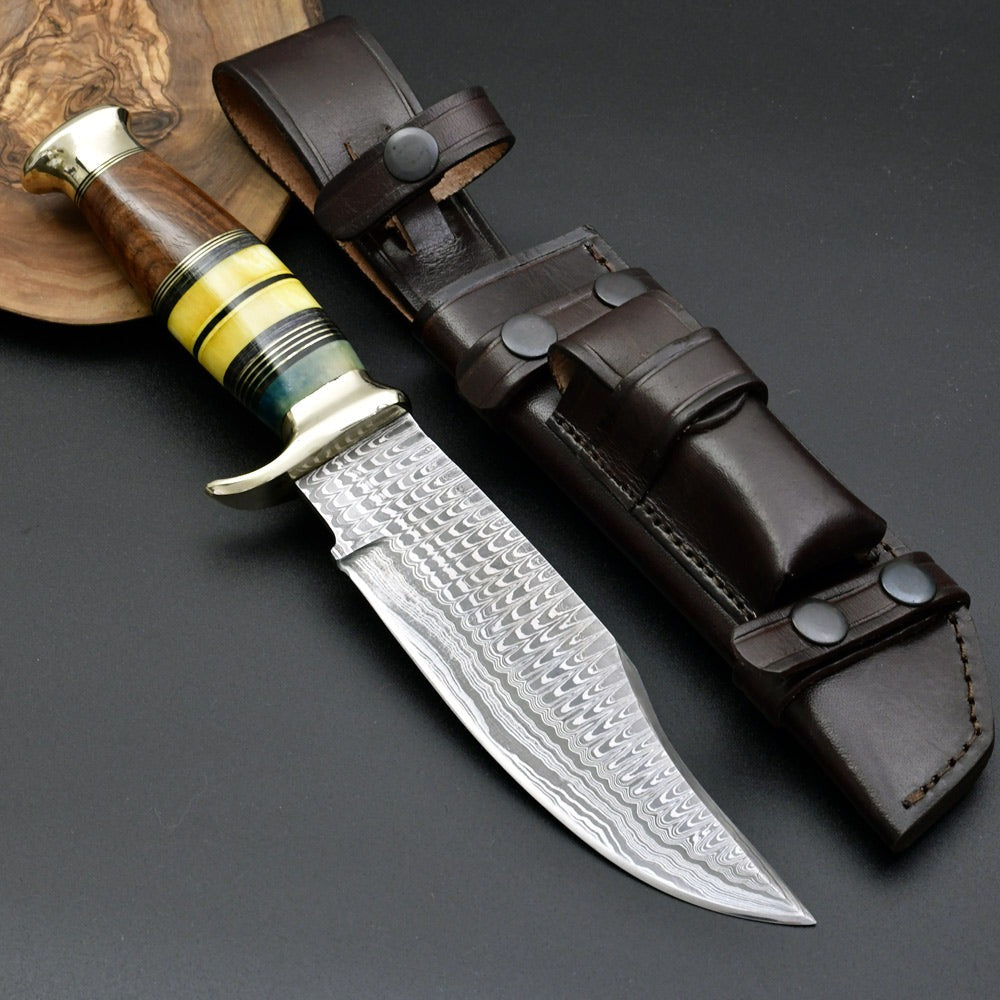
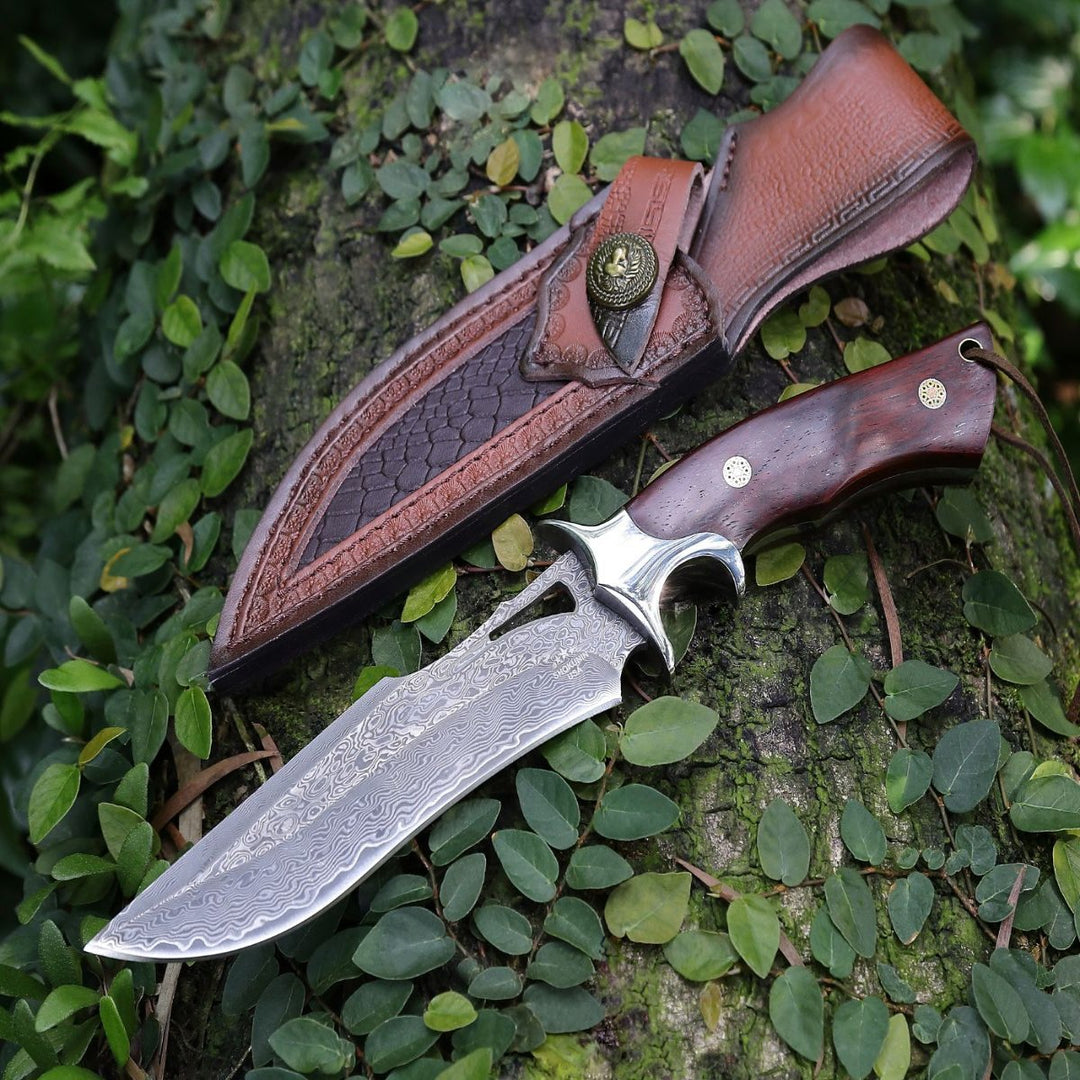
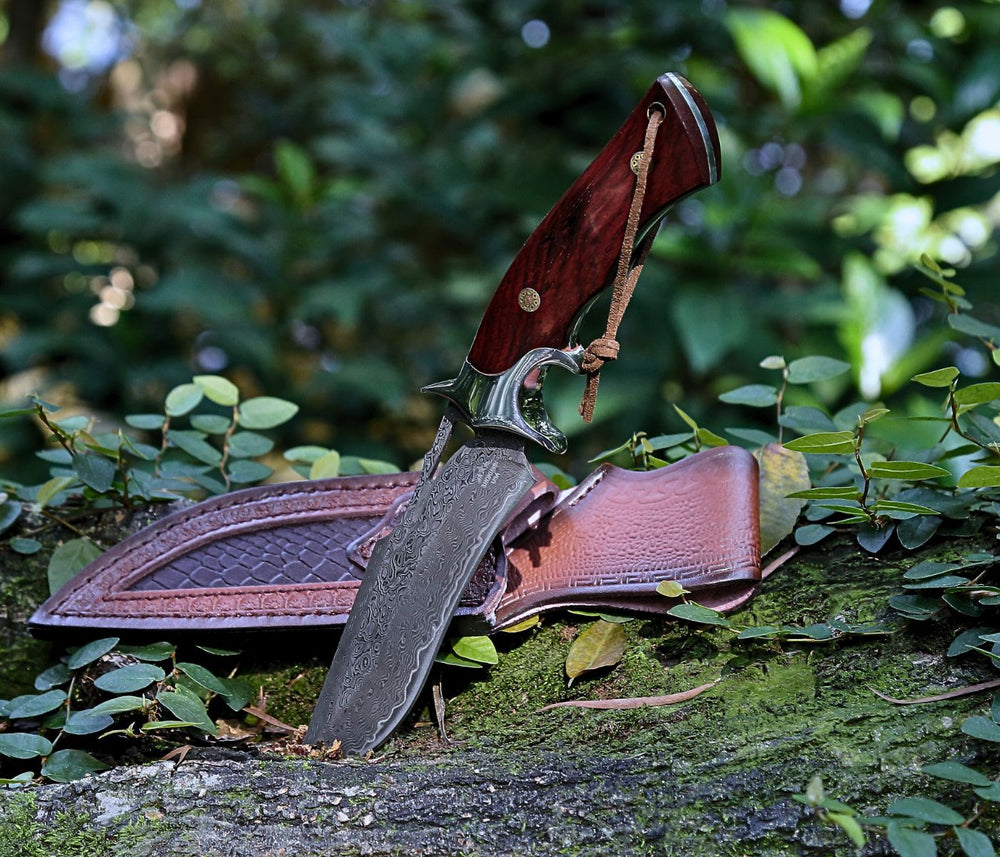
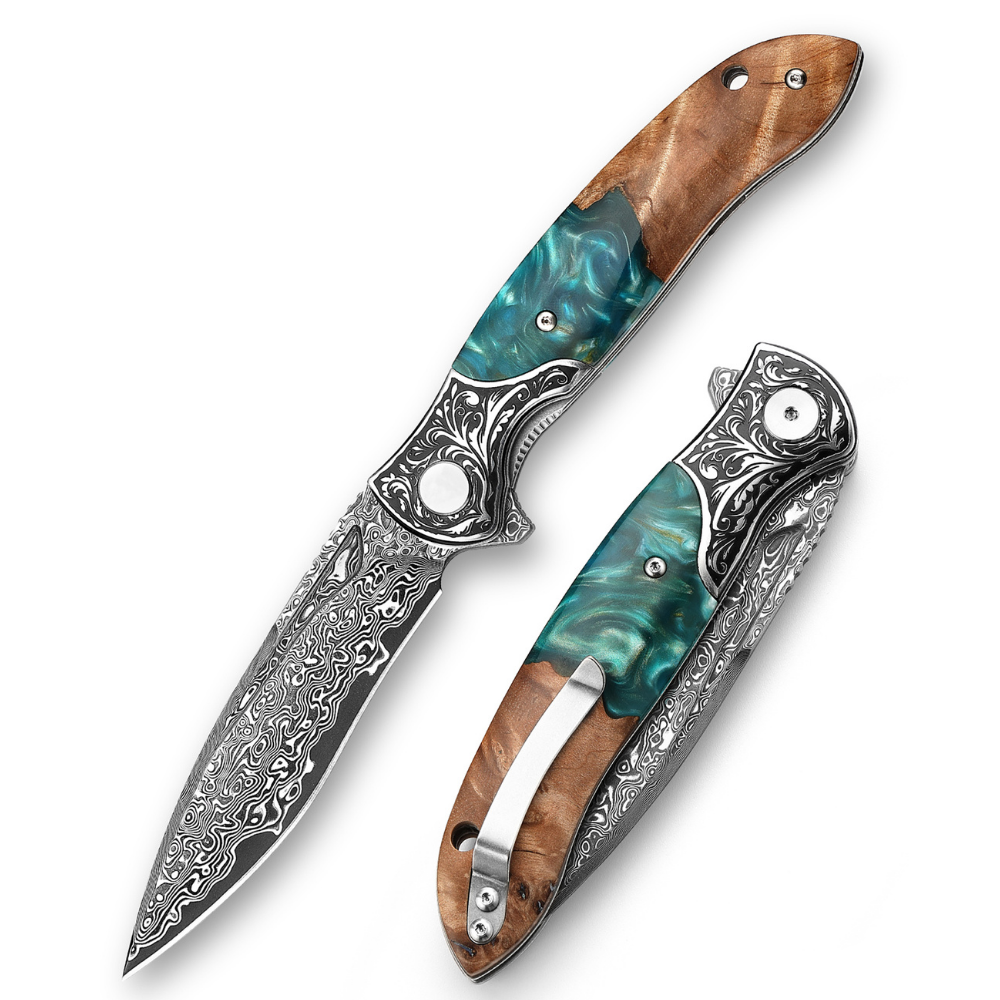
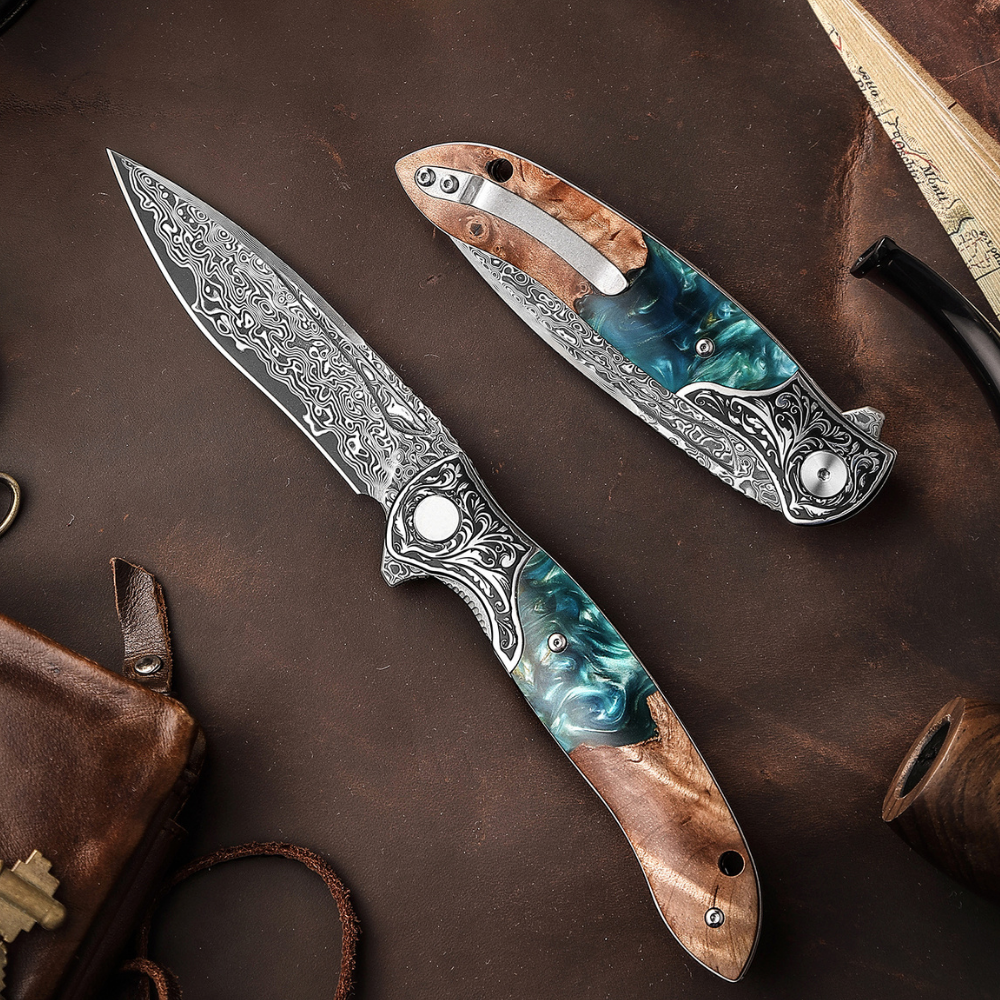
Dejar un comentario